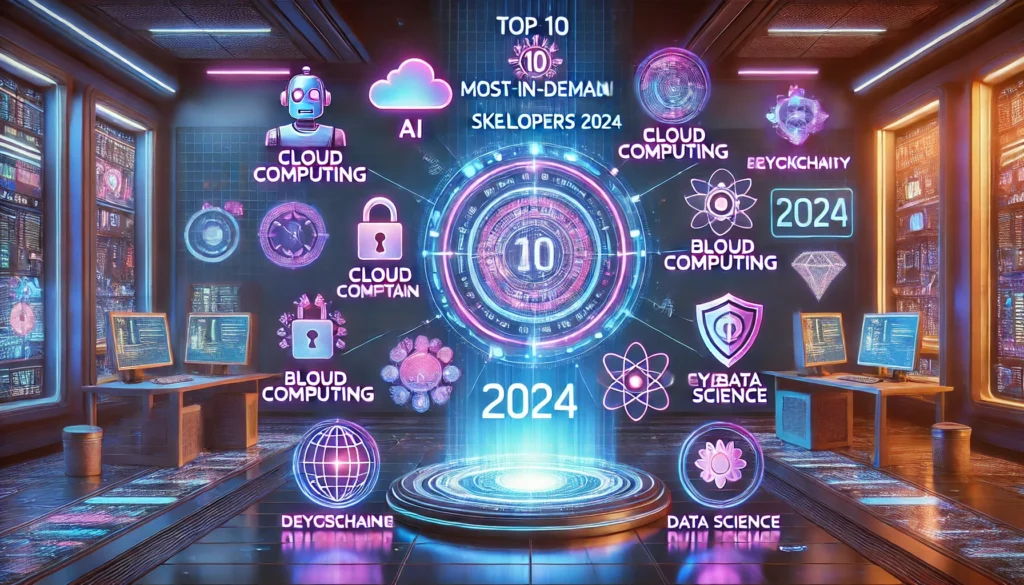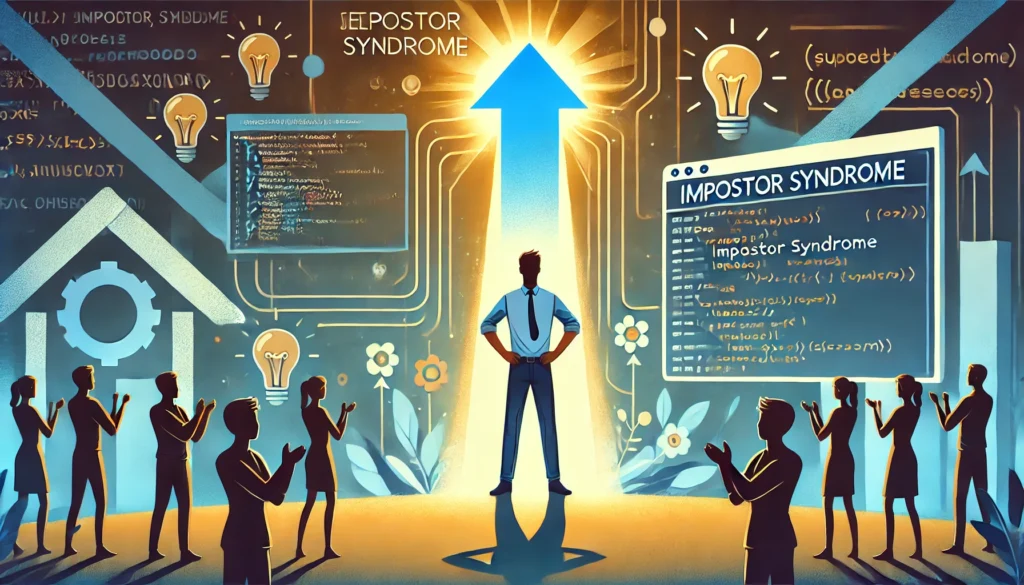In the tech world, developers are often judged by their technical skills: coding abilities, knowledge of algorithms, and proficiency in specific programming languages. However, while these skills are crucial for success, soft skills — the less tangible, interpersonal abilities — are equally important for thriving in the workplace. In fact, soft skills can set a developer apart in a competitive industry where many have similar technical qualifications.
This article explores the key soft skills that every developer should cultivate to succeed in the ever-evolving world of software development.
1. Communication Skills
Communication is the backbone of any successful project. Developers must not only write clean code but also explain complex concepts to non-technical stakeholders, collaborate with team members, and articulate their ideas effectively.
- Interpersonal communication: Being able to explain your thoughts clearly to teammates, managers, and clients is essential. Whether it’s through written documentation, emails, or meetings, you need to ensure everyone understands your approach, challenges, and solutions.
- Listening skills: Communication is a two-way street. Being a good listener is just as important as being able to explain your own ideas. Understanding the needs of others, gathering feedback, and adapting based on it are crucial for team collaboration.
- Clarity in technical documentation: Writing clear documentation ensures that others can work with your code easily. Well-documented code can also save time in future development phases and when onboarding new team members.
2. Problem-Solving Abilities
While writing code is a technical task, problem-solving is at the core of a developer’s job. Developers often face unexpected issues or challenges that require creative solutions. How you approach and solve these problems is as important as your coding skills.
- Analytical thinking: Breaking down complex problems into smaller, manageable parts is key to solving them efficiently. Developers need to approach problems systematically and logically.
- Creativity in solutions: Sometimes, conventional approaches may not work, and this is where creativity comes in. Thinking outside the box to find innovative solutions is a highly valued skill in software development.
- Adaptability: The tech landscape is constantly evolving. New problems will arise, and old solutions may no longer be applicable. Developers must be adaptable and willing to change their approach when necessary.
3. Time Management
In the world of development, deadlines are inevitable, and managing your time effectively is crucial. Many developers juggle multiple tasks at once, and prioritizing work can make the difference between meeting deadlines or falling behind.
- Task prioritization: Knowing how to prioritize tasks based on their importance and deadlines helps ensure that you focus on what matters most. Use task management tools and techniques such as the Eisenhower Matrix to separate urgent tasks from less pressing ones.
- Staying organized: Keeping your workspace, code, and tasks organized will help you work more efficiently. Disorganized codebases or workflows can lead to mistakes and slow down progress.
- Estimating time accurately: Learning how to estimate the time required for different tasks comes with experience. Providing realistic timeframes for project completion builds trust with your team and helps prevent burnout from over-promising and under-delivering.
4. Teamwork and Collaboration
Software development is rarely a solo endeavor. Whether you’re working in an agile team or a small startup, collaboration with others is a fundamental part of the job.
- Collaboration tools: Familiarity with collaboration tools like Git, Jira, or Slack is essential. These tools streamline communication, task management, and version control, making teamwork more efficient.
- Empathy and respect: Understanding your teammates’ perspectives and showing empathy towards their challenges fosters a positive working environment. Respect for others’ ideas and contributions can lead to better collaboration and more innovative solutions.
- Mentoring and knowledge sharing: Sharing knowledge with junior developers or peers not only strengthens the team but also enhances your own understanding of the material. Mentoring shows leadership qualities and helps build a more cohesive team.
5. Emotional Intelligence
Emotional intelligence (EQ) refers to the ability to understand and manage your own emotions while recognizing and influencing the emotions of others. High EQ is invaluable for navigating workplace challenges and building positive relationships with colleagues.
- Self-awareness: Understanding your own emotional triggers and how they impact your work is essential for staying calm under pressure. Developers often face tight deadlines and demanding workloads, so self-awareness helps manage stress effectively.
- Empathy: Being able to empathize with others, whether they’re teammates or clients, builds stronger, more productive relationships. It allows you to see problems from different perspectives and fosters better communication.
- Conflict resolution: In any workplace, disagreements are inevitable. The ability to resolve conflicts in a constructive and professional manner is a vital skill that contributes to a healthy team dynamic.
6. Adaptability and Lifelong Learning
The tech industry evolves rapidly. New programming languages, frameworks, and tools emerge frequently, and staying up to date is critical for developers. Beyond technical knowledge, adaptability in the face of change is a soft skill that will set you apart.
- Embracing change: The ability to embrace new technologies, processes, and methodologies without resistance is crucial for long-term success. Developers who are open to change and quick to learn new things are highly valued.
- Continuous learning: Staying curious and continually learning new skills is essential. Whether through formal courses, reading, or attending conferences, developers should seek opportunities to grow both technically and professionally.
7. Accountability and Ownership
Taking responsibility for your work and being accountable for your contributions is a hallmark of a great developer. Ownership means not only writing code but ensuring it functions correctly, is maintainable, and solves the intended problem.
- Accountability for mistakes: Everyone makes mistakes, but owning up to them and working to resolve the issue shows integrity and professionalism.
- Taking initiative: Great developers don’t just wait to be told what to do — they take initiative. Whether it’s suggesting new approaches, fixing bugs before they’re reported, or finding ways to improve the codebase, taking ownership of your work builds trust with your team and shows leadership potential.
Conclusion
While technical skills are undeniably important for developers, soft skills play an equally vital role in ensuring long-term success in the industry. Communication, problem-solving, teamwork, and adaptability all contribute to your effectiveness as a developer and your ability to thrive in a collaborative, fast-paced environment. By investing in these essential soft skills, you’ll not only improve your technical work but also become a more well-rounded and valued team member.




